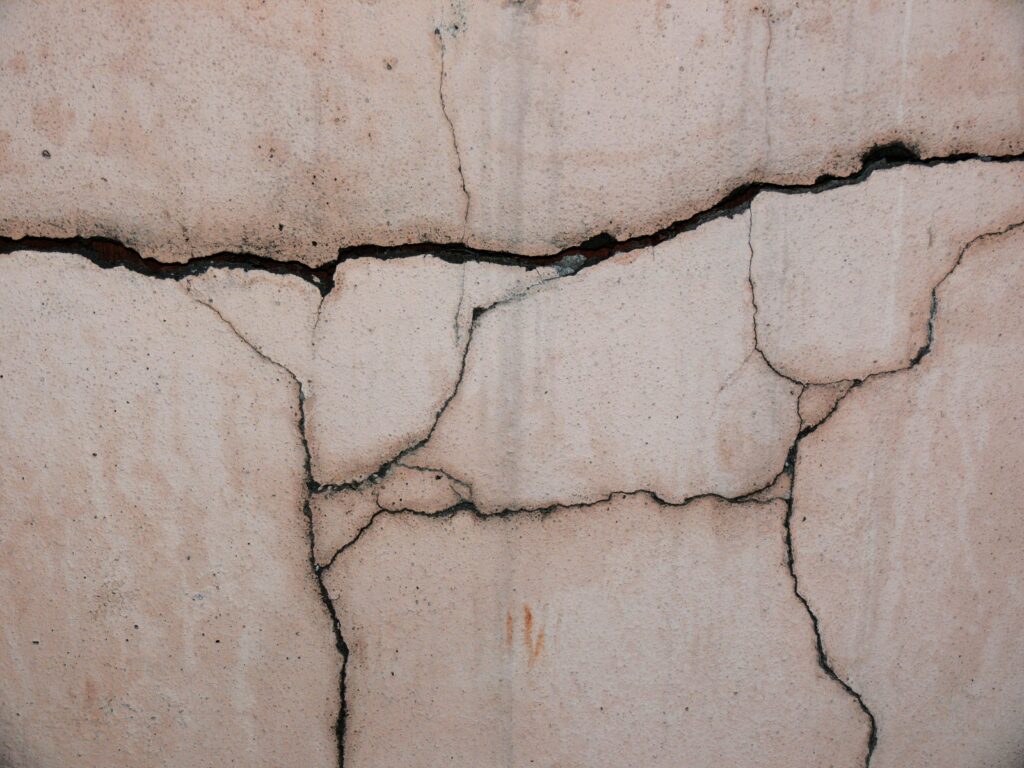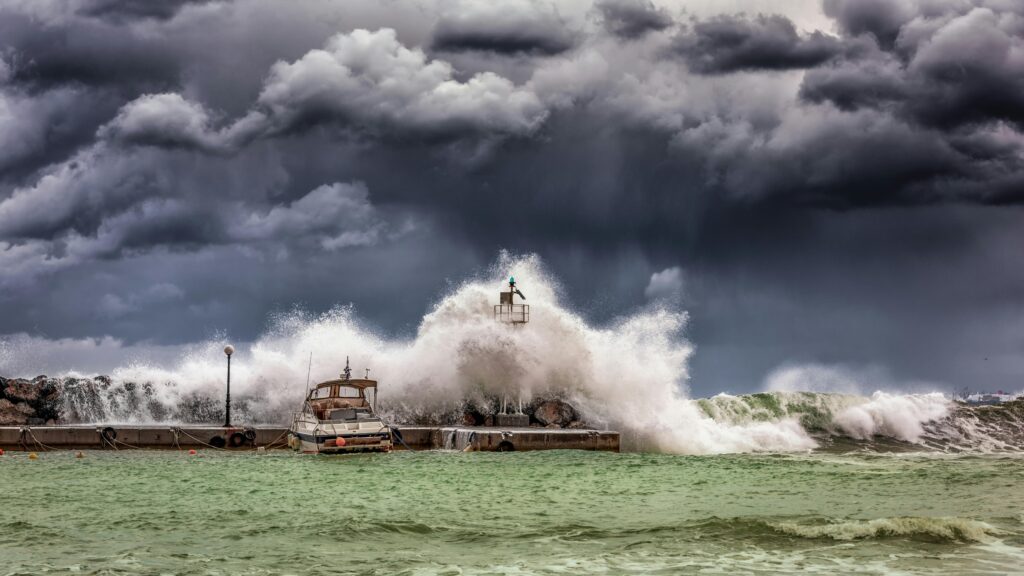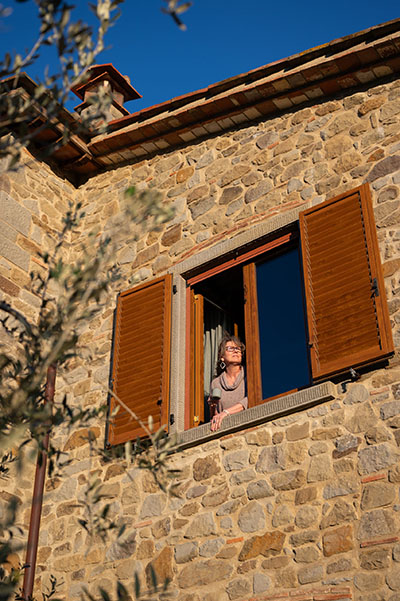As extreme weather events become more common worldwide, many investors in Italian real estate are understandably concerned. With multiple hurricanes recently striking Florida and DANA provoking deadly floods in Spain, it’s natural to wonder: Could such extreme weather impact Italy, too?
A Milder Climate
Fortunately, Italy enjoys a more stable climate compared to much of North America and even some parts of Europe. Proximity to the Mediterranean Sea and its temperate weather reduces the likelihood of prolonged, extreme temperatures. Northern Italy experiences long, mild winters, with snow gracing its mountain peaks, yet enjoys over two months of warm summer. In contrast, Southern Italy basks in a long, dry summer with a brief, chilly winter.
The Rising Heat
While catastrophic weather events may be rare, summer temperatures in Italy are becoming increasingly challenging. Prolonged heatwaves—often fueled by winds from North Africa—affect daily life, increasing electricity consumption, and frustrating agriculture. Temperatures reach their peaks in large cities, where the months of July and August can be challenging without air conditioning. These extreme conditions can also trigger localized weather events, such as sudden heavy rains or small twisters. While these occurrences are somewhat concerning, they are generally not severe.
Wildfire Concerns
Although Italy has a lower risk of wildfires compared to regions with extensive forested areas, the dry climate in Southern Italy can create conditions conducive to such events. If your property is near a forest, it’s wise to stay informed about wildfire risks, as smoke from these fires can impact air quality in nearby urban areas. Fortunately, the majority of Italy’s forests are located in mountainous regions, where houses are sparse and cooler temperatures make wildfires less likely.

Landslides and Floods
Because of Italy’s numerous waterways and hilly terrain, prolonged rains during fall and winter can sometimes cause landslides in mountainous areas. A region that, in recent years, has witnessed several events of this kind is Liguria. Due to its geological characteristics, as well as the many towns built on a slope, this region has seen several urban areas being damaged during rainy months.
Unusually long and powerful storms have also started causing sporadic, but no less damaging floods near major urban centers. The more recent ones being the November 2023 flooding in Tuscany and the October 2024 flooding in Bologna. When looking to purchase real estate, it is wise to study the surrounding terrain, and to avoid properties that are built on unstable terrains or geological depressions, which are prone to flooding.
Hurricanes: A Rare Occurrence
Italy’s Mediterranean climate provides a buffer against extreme weather events like hurricanes. Tropical storms are rare, but warming temperatures in the Southern Mediterranean have led to occasional severe weather along the coastline. Yacht owners and coastal residents should be cautious, as waterspouts and downbursts have been documented in recent years.
Earthquake Awareness
While not directly related to climate change, earthquakes are a significant natural risk in certain regions of Italy. Areas prone to seismic activity are marked in shades of orange in this seismic risk map. Seismic events affecting the Italian territory are not comparable to the dramatic earthquakes of East and Southeast Asia, but may still impact older buildings. Because homes built before the 1970s were rarely constructed with these risks in mind, they are more prone to damages in the rare case the earth decides to shake. Thankfully, Italy’s building codes have evolved, making newer constructions better equipped to withstand seismic events. For owners of older properties, retrofitting is an option, and government programs like the Sisma Bonus provide interesting financial incentives to make the necessary upgrades.

Conclusion
In summary, while Italy may face its share of natural challenges, its overall climate stability and proactive building measures provide reassurance for those who hope to vacation and relocate there. If you already own property or are working towards a property purchase, we advise you to consider homeowners insurance. Finally, if you would like to learn more about recent extreme weather events in Italy, please consult the European Extreme Events Climate Index website, which provides a wealth of information that is also easy to digest.
By staying informed and taking necessary precautions, you can look forward to enjoying life in Italy throughout the year and across any landscape.








